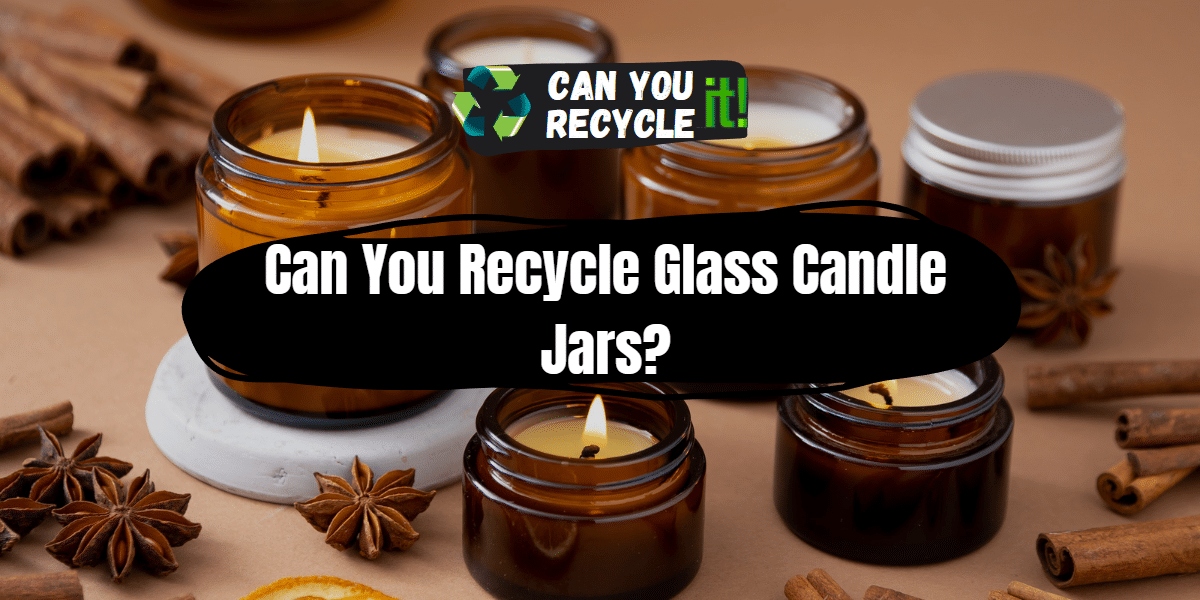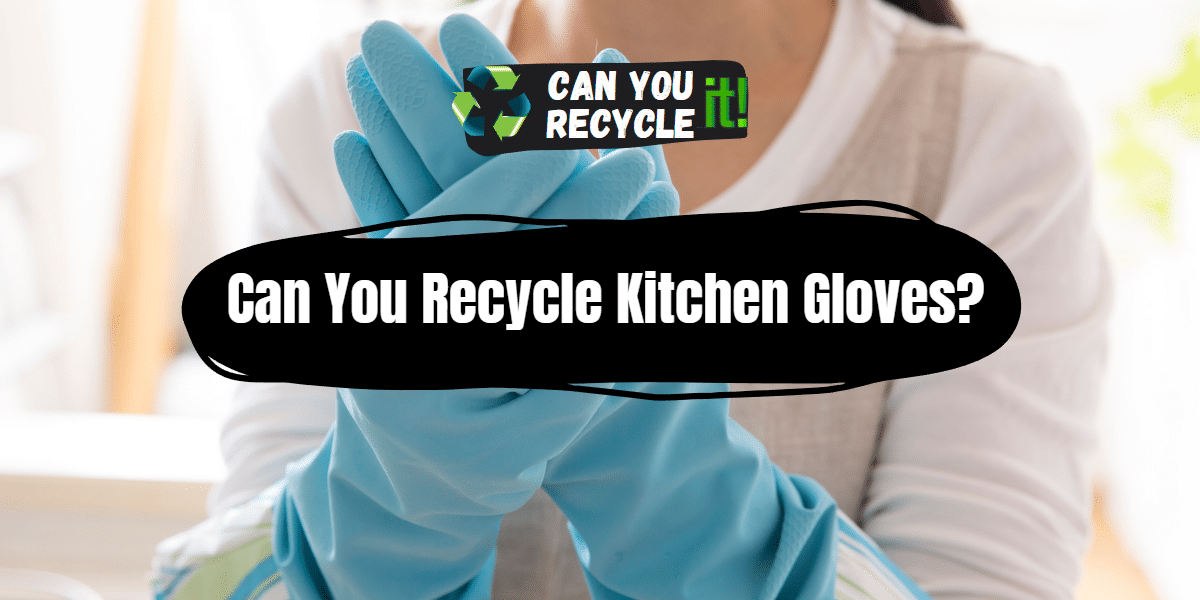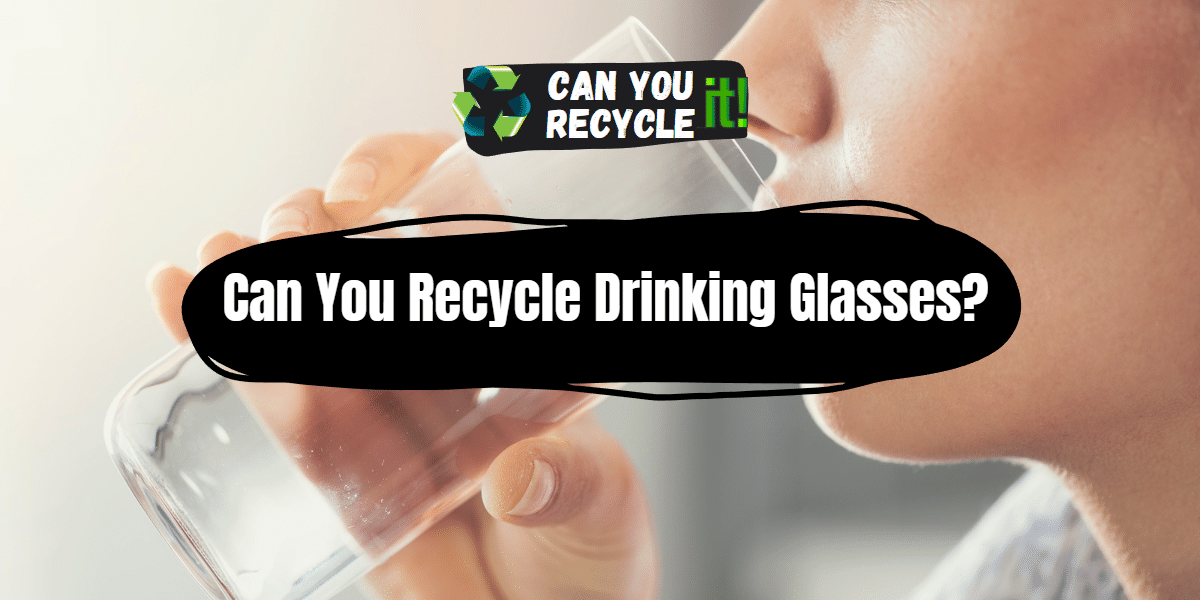The answer to whether broken plastic can be recycled is not a simple “yes” or “no.” It depends on the type and condition of the plastic. In general, if the plastic is clean, free from contaminants, and in a suitable condition, it can often be recycled.
However, there are exceptions. Let’s delve deeper into the dos and don’ts of recycling broken plastic.
Plastic, a versatile and widely used material, has become an integral part of our daily lives. However, the improper disposal of plastic waste poses a significant threat to our environment. Recycling is an essential practice that helps reduce the negative impact of plastic waste on the planet. But what about broken plastic? Can it be recycled? In this article, we will explore the possibilities, dos and don’ts, a step-by-step guide, alternative solutions, environmental implications, and address frequently asked questions regarding recycling broken plastic.
Table of Contents
Do’s and Don’ts
While recycling plastic bread bags may not be widely available, there are still essential dos and don’ts to keep in mind for responsible disposal:
Dos
- Do: Clean the broken plastic before recycling. Remove any residual contents, rinse it, and dry it thoroughly. This step helps maintain the quality of the recycled material.
- Do: Separate different types of plastic. Sorting broken plastic into its respective categories (such as PET, HDPE, or PVC) ensures efficient recycling processes and higher chances of reusability.
- Do: Research your local recycling guidelines. Different regions may have specific rules and regulations concerning the recycling of broken plastic. Familiarize yourself with the guidelines to ensure proper disposal.
Don’ts
- Don’t: Mix broken plastic with non-recyclable materials. Avoid placing broken plastic items in regular trash bins or including them with other non-recyclable waste. This contamination hampers recycling efforts.
- Don’t: Attempt to repair broken plastic using adhesives. Gluing the pieces together may interfere with the recycling process by altering the composition or making it harder to sort.
A 5-Step Guide to Recycling Broken Plastic
Follow these steps to effectively recycle broken plastic:
Step 1
Identify the Plastic Type
Check the labeling or markings on the broken plastic item. Look for symbols or codes indicating the type of plastic it is made of (e.g., PET, HDPE, PP). This identification helps you determine if the plastic is recyclable.
Step 2
Clean and Dry the Plastic
Thoroughly clean the broken plastic item, removing any residue or food particles. Rinse it with water and allow it to dry completely. Clean plastic is more desirable for recycling.
Step 3
Sort the Plastic
Separate the broken plastic into different categories based on its plastic type. This step ensures that the recycling process remains efficient and effective.
Step 4
Find a Recycling Center
Locate a nearby recycling center that accepts broken plastic of the specific type you have. Check with local waste management facilities, recycling programs, or use online resources to find suitable locations.
Step 5
Drop Off the Plastic
Take the sorted and cleaned broken plastic to the recycling center. Follow any instructions provided by the center, and deposit the plastic in the designated containers. Celebrate your contribution to a greener planet!
What to Do with Broken Plastic That Cannot Be Recycled
Unfortunately, not all broken plastic can be recycled. In such cases, it’s crucial to explore alternative solutions to minimize environmental impact. Consider the following options:
- Reuse: Repurpose broken plastic items creatively. For instance, broken plastic containers can be used as plant pots, organizers, or innovative craft projects.
- Upcycling: Transform broken plastic into new and functional objects. For example, you can convert broken plastic bottles into bird feeders or create art installations using discarded plastic pieces.
- Responsible Disposal: If recycling and repurposing aren’t feasible, dispose of non-recyclable broken plastic responsibly. Check with local waste management authorities to find out the best disposal method in your area.
Environmental Impact of Recycling Broken Plastic
Recycling broken plastic contributes significantly to environmental preservation. Here are some key benefits:
- Conservation of Resources: Recycling broken plastic reduces the demand for new plastic production, conserving valuable resources like crude oil and natural gas.
- Energy Savings: Recycling plastic requires less energy compared to producing it from scratch. This reduction in energy consumption helps lower greenhouse gas emissions.
- Waste Reduction: Properly recycling broken plastic prevents it from ending up in landfills or polluting oceans, protecting ecosystems and wildlife from harm.
FAQs for Can You Recycle Broken Plastic
Can I recycle cracked plastic bottles?
Yes, cracked plastic bottles can often be recycled, as long as they are clean and sorted correctly.
Can small broken plastic items be recycled?
Yes, small broken plastic items can typically be recycled, provided they are clean and sorted appropriately.
Can I recycle plastic toys with missing parts?
Plastic toys missing parts may not be recyclable due to their complex composition. Consider donating or repurposing them instead.
Can I recycle broken plastic hangers?
Broken plastic hangers are generally not accepted in recycling programs. Consider reusing or responsibly disposing of them.
Conclusion and final thoughts 💭
Recycling broken plastic is a worthwhile endeavor that promotes sustainability and helps mitigate the adverse effects of plastic waste on our planet. By following the dos and don’ts, utilizing the 5-step guide, and exploring alternative options for non-recyclable plastic, we can all contribute to a cleaner and healthier environment. Remember, every small effort counts in our collective journey towards a more sustainable future.





Leave a Reply